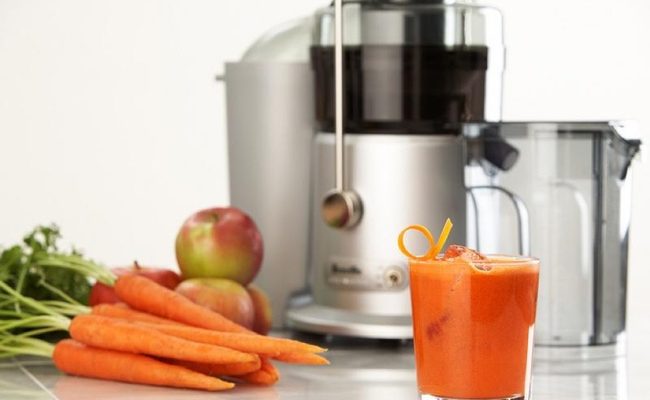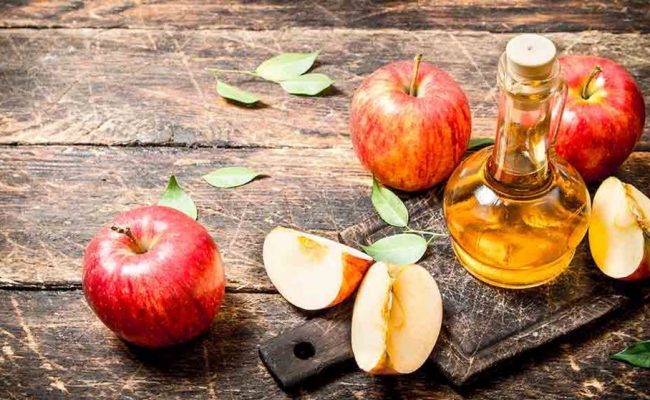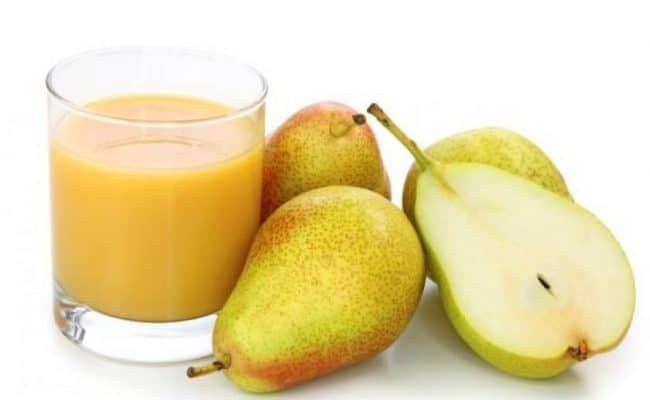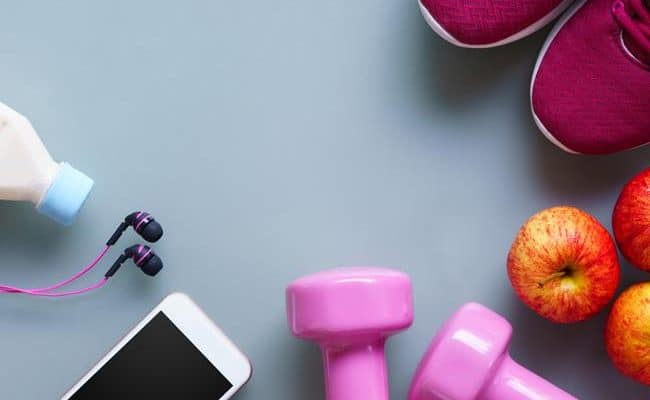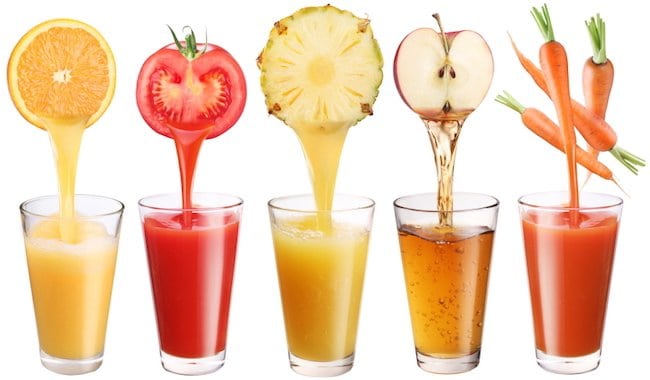
Juicing has been around for a long time, but within the past few years juicing has grown in popularity. Juicing basically means extracting any liquid from a fruit or vegetable and leaving behind the pulp.
There are health claims stating juicing can help with weight loss, can help detox your body and is a high source of nutrients. Are the claims true?
Here are some facts to consider when questioning if you should add or substitute juicing to your diet.
Health Benefits
Juicing can be a way to get in fruits and veggies that are otherwise not in your diet. One hundred percent fruit and/or vegetable juice counts as a serving.
According to the USDA, adult women aged 31-50 years old need 2.5 cups of vegetables per day, and men aged 31-50 years old need 3 cups of vegetables per day. Women 31-50 years old should get 1.5 cups of fruit per day, and men 31-50 years old should get 2 cups of fruit per day.
Fruit or vegetable juice can count for the recommended servings of fruits and vegetables, which is appealing to those who don’t like or want to eat the recommended amounts.
Although most health professionals agree that the majority of fruit and vegetable servings should come from whole foods. Juicing also retains most of the vitamins and minerals of fruits and vegetables, so juicing is high in nutritional content.
During juice fasts or cleanses, people are usually only drinking juices. If you are on a juice only diet, you will probably lose weight because juice only diets are low in calories. If juicing is replacing a meal, it is a lower calorie, high nutrient option that will probably help you lose weight.
However, you may not feel satisfied after drinking this for a meal. Over time, your hunger levels may adjust, but a consequence of following any low calorie diet is a slowed metabolic rate.
Yes juicing provides many phytochemicals, antioxidants, vitamins and minerals, but it is still lacking in other important nutrients. Because of this, juice only diets that are long term may need to be monitored by a health professional.
Also, some fruits or vegetables are contraindicated for some medications, so if you take medications check with a health professional before going on a juicing only diet.
Cost
Juicing can be expensive. If you juice at home, you can go through a high volume of fruits and vegetables just to make a little juice. If you were to eat the same amount of the fruits and vegetables, it would take longer to eat them.
Buying pre made juices can be very expensive and unpractical for buying for the long term. It is almost always cheaper to buy the fruits and vegetables whole instead of buying the juice.
What’s in your juice?
Fruit juice is a concentrated source of sugar. Since juicing removes the pulp of fruit, the fiber is also lost when juicing fruits. Because of this, fruit juice increases blood sugar rapidly, even if it’s 100% juice. If you are eating a regular diet and adding fruit juice to it, you will most likely not have weight loss. (See also:Is the Sugar in Fruit Unhealthy?)
Juicing should primarily be from vegetables to keep sugar content low. If juicing involves mostly vegetables, it will be lower in sugar and calories. By juicing mostly vegetables with a piece of fruit or two, your juice will still be a little sweet but not as high in sugar. Also, some premade juices can have artificial ingredients or preservatives added to them which may not be beneficial.
Some health advocates also advise that some juicing machines heat up the fruit and vegetables as they pass through the machine which may lower nutritional content. If this is a concern for you, check juicers or juice products that are labeled as cold pressed.
What’s missing?
Fiber and some of the vitamin and mineral content from fruits and vegetables are lacking from juicing. Juicing is also a poor source of protein and essential fatty acids which are important for long term, healthy weight loss.
As mentioned above, juicing is high in certain vitamins and minerals such as B vitamins, vitamin C, beta carotene and potassium, but juicing is usually a poor source for zinc, calcium, vitamin D or iron.
Juicing is naturally low in calories, so replacing a meal for fresh squeezed juice can be beneficial for weight loss. Keep in mind the calories lost from drinking a juice from a meal shouldn’t be made up later in the day, i.e. more snacks or a larger meal later, if you are aiming for weight loss.
You may also have too low energy while on a juicing diet to exercise, which is important for retaining muscle during weight loss. Be wary of claims that state juicing is the only way healthy way for weight loss, as this is not true.
